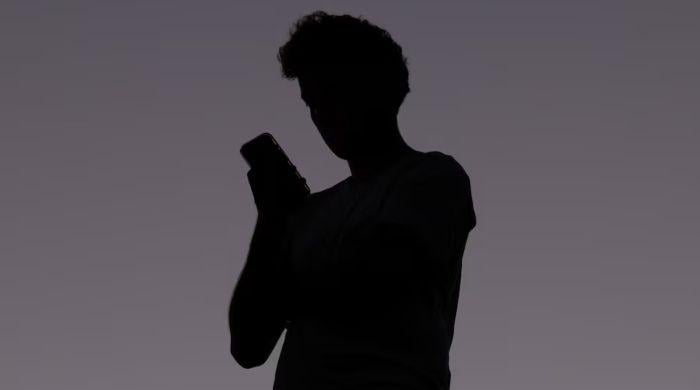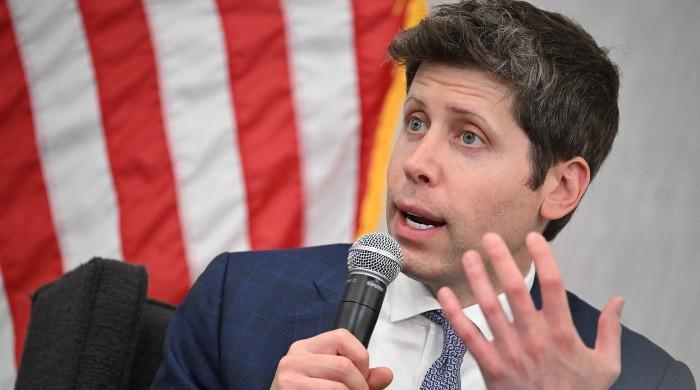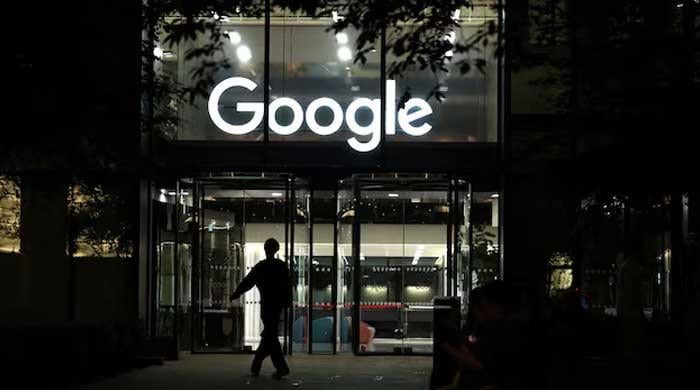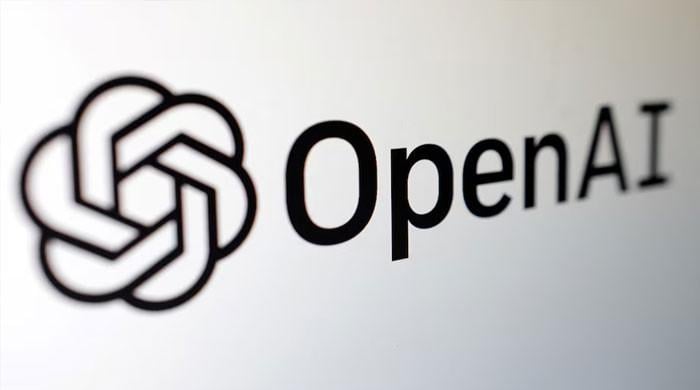UN freedom of speech expert concerned about net neutrality
'That’s a long-term problem and that’s why I’m very, very concerned about the rollback of net neutrality'
December 21, 2017
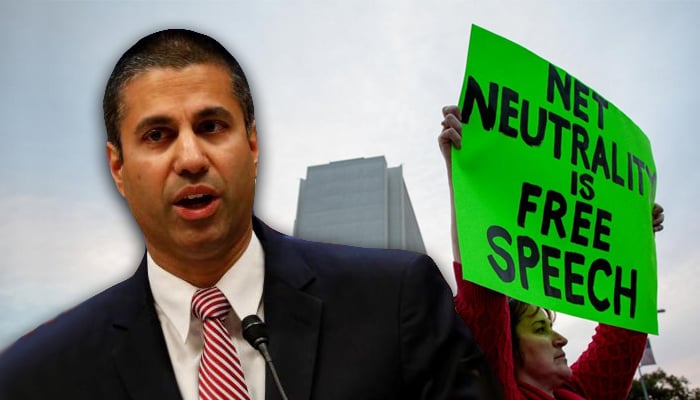
GENEVA: The UN’s freedom of speech expert said Wednesday he was concerned about the ramifications of a decision in the United States to roll back net neutrality since it could lead to small and independent voices being drowned out on the web.
Last week, the US Federal Communications Commission (FCC) voted to repeal rules intended to ensure a free and open internet, setting up a court fight over a move that could recast the digital landscape.
David Kaye — an American law professor and the UN Human Rights Council’s independent expert on freedom of expression — said net neutrality, the idea that all internet traffic should be treated the same regardless of content, was essential.
“Net neutrality is a really, really important principle from the perspective of ensuring broad access to information by all individuals,” Kaye told reporters in Geneva on the sidelines of the Internet Governance Forum.
“I don’t want to say that tomorrow there will be a huge amount of censorship, but over the long term, combine this with the concentration of media in the United States and in most places around the world, I think we should be worried about the ability of smaller voices that often (find it) harder to get traction in the market.”
He said it would take years to know exactly what impact the U.S. move would have.
“My concern in the US space is that over time the companies will make decisions based more on their business model than on the content of information and the breadth of information that people should have access to,” he said.
“That’s a long-term problem and that’s why I’m very, very concerned about the rollback of net neutrality.”
As companies blur the lines between providing the infrastructure and the content that makes up the internet, there is an increasing risk of political pressure creeping in, Kaye said.
“We used to think of telcos being very separate from content providers. But there’s a lot of convergence now. So one of the risks is as content and infrastructure are merged more, the pressures on both, which might be of a political nature ... might restrict certain kinds of coverage.”





